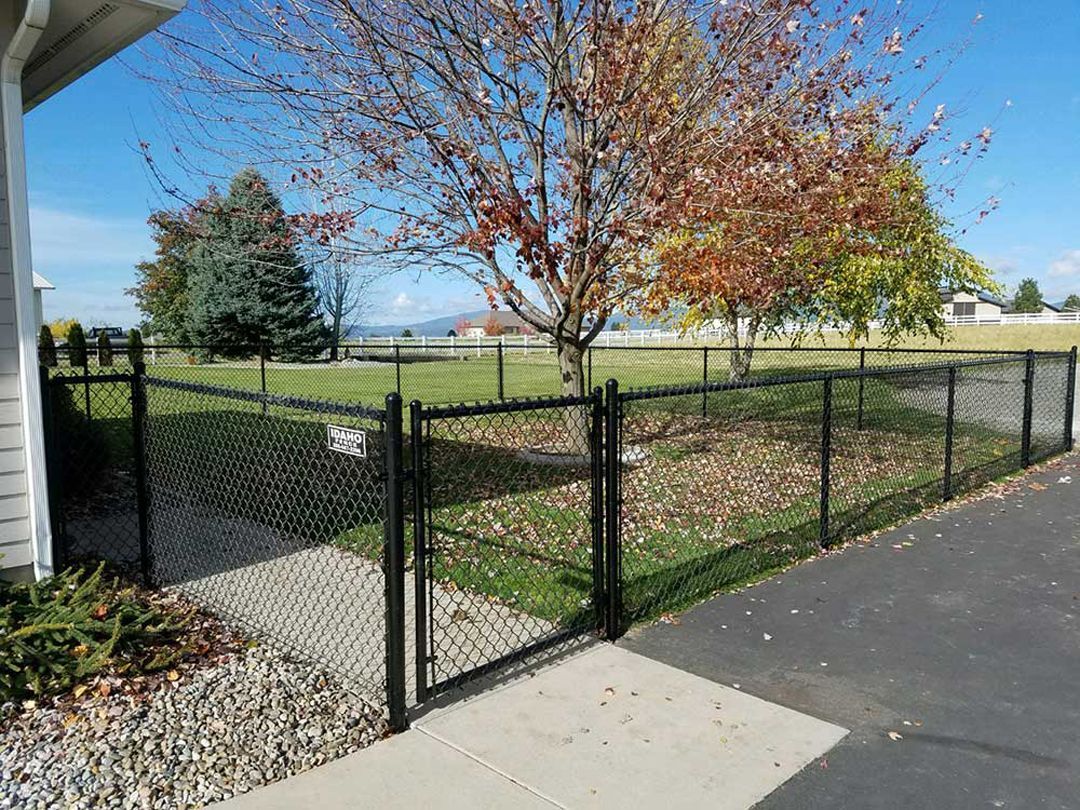Maintaining your fence doesn't always require a professional. With the right tools and a bit of know-how, you can handle many common issues yourself and save money. Here's how you can tackle basic fence care like a pro!
The Must-Have Tools for Fence Care
To get started with fence repairs, gather the necessary tools. Below is a list of must-haves for most basic fence maintenance tasks:
- Hammer – Ideal for fixing loose nails or damaged boards
- Screwdriver – Perfect for adjusting screws in both wood and metal fences
- Post Level – Use a post level to guarantee your fence posts are perfectly aligned.
- Paint or Stain – Using paint or stain protects wood from the elements and prolongs its lifespan.
- Wire Cutters – Wire cutters are great for trimming wire fences or removing tangled vines.
Step-by-Step Fence Repair Guide
Fixing a Loose Board
Fixing a loose or damaged fence board is easy and quick. Here's how you can do it:
- Use a hammer or screwdriver to remove any loose nails or screws.
- Reposition the board and fasten it with fresh nails or screws.
- If needed, reinforce the board with a corner bracket or additional support.
How to Stain and Seal Wooden Fences
To protect your wooden fence and maintain its appearance, staining or sealing is essential:
- Clean the fence thoroughly, removing dirt, debris, and any mildew.
- Pick a stain or sealant that is designed for outdoor use.
- Apply evenly with a brush or sprayer, starting from the top and working your way down.
- Allow it to dry completely before putting the fence back to use.
When to Call a Professional for Fence Repairs
Some fence issues go beyond DIY repairs. While simple tasks like tightening screws or replacing damaged boards are easy, complex problems might need expert attention:
- Extensive structural damage, such as leaning posts or a sagging fence.
- Electric fences or high-security fences that need specialized skills.
- Severe weather damage that could threaten the structural integrity of your fence.
If you're unsure whether your repair is beyond your skill level, it's always better to call a pro. It can save you time, money, and potential frustration in the long run.
